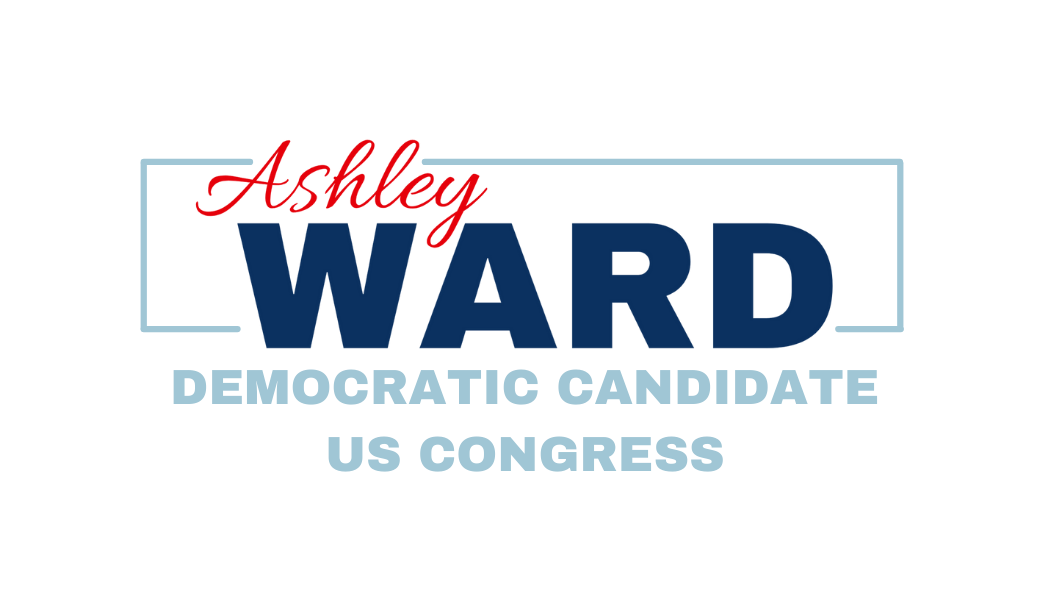“My grandparents were sharecroppers and moved to Durham to work in the tobacco factories.”
“My parents graduated from Durham High School, my dad the first in his family to earn a high school diploma.”
“He went on to start a small business that is still successful today, led by my older brother.”
“My mom was a single mom in the 1970s, and that came with all of the expected hardships.”
“When I was 13, my mother and I moved to the border of Orange and Person counties. I went to high school at Person Senior High and worked in the tobacco fields in the summer. I did not attend college immediately after high school. As my friends met application deadlines, I continued to work as a grocery store check-out clerk and a waitress. My dream was to go to college, but I didn’t know how to get there. I eventually enrolled in the community college and met my husband, who is now a 30 year teaching veteran.”
“When I was pregnant with my second child, my husband encouraged me to apply to a 4 year school and get my degree. To my great shock, I was accepted at UNC Chapel Hill. I couldn’t believe it! I was a 30-year-old mother of two young children, but headed back to school with 18-year-olds who had just finished high school. I completed my BA with highest honors, continued to get my Master’s, then earned my PhD.”
“I lectured at UNC for a few years before I landed a position with the National Oceanic and Atmospheric Administration (NOAA) in the Regional Integrated Sciences and Assessments (RISA) program in the Carolinas. I worked with rural communities throughout the Carolinas helping them plan and prepare for extreme climate events, focusing in large part on extreme heat.”
“I was then recruited to the Nicholas Institute for Environmental Policy Solutions at Duke University where I began work on the Internet of Water project. Our project assists public agencies in data modernization efforts so they can better manage water resources.”
“I’ve worked with public agencies in the Carolinas and across the nation. I’ve seen first-hand the impact that policies have on those who are working to improve their communities. I’ve seen both the challenges and the successes.”
I don't feel my background is unusual for many people,
but it is unusual for Congress.
